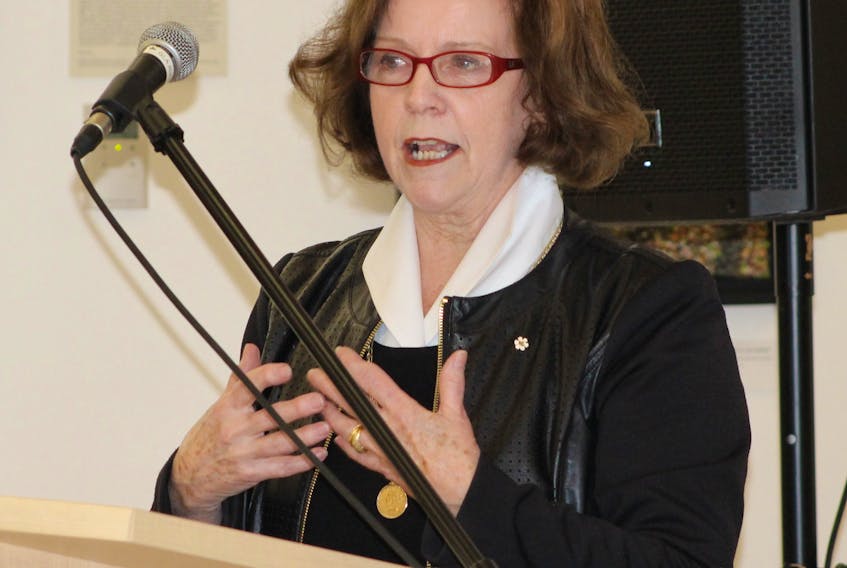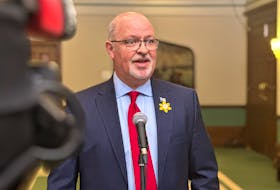ST. JOHN'S, N.L. — The Telegram
There’s tremendous worry in the Newfoundland and Labrador non-profit sector, but also strong resolve to get through the tough times of the COVID-19 crisis, says Penny Rowe, CEO of the Community Sector Council.
“One thing that really struck me and that is the really healthy ‘We can do this’ kind of attitude that I have heard from everybody” she said of conference calls with organizations running the gamut from those who provide services to the vulnerable to heritage, culture and other non-profits.
“It’s going to be a struggle, but we’re not just folding our tents and fading away. We’re going to figure out a new way of doing things.”
There is a major concern that some organizations may not be able to come back from the economic shutdown due to the COVID-19 pandemic and will not be around when it’s over.
Charities and cultural entities rely on ticket sales, lotteries, gala fundraisers and other revenue generators such as charity shop sales — all activities that have ground to a halt under the public-health state of emergency.
There’s also some anxiety about whether students will miss out on summer job opportunities and how deep layoffs might shake non-profits.
Toronto-based Imagine Canada, which represents 170,000 charities and non-profits across Canada, said in a news release it is projecting that three months of enforced physical distancing and the associated economic downturn will cause charities to lose $9.5 billion in revenue and layoff more than 117,000 employees, of which seven in 10 will likely be women.
Imagine Canada also said it is currently in talks with the federal government for funds to help charities get through the tough times, and is calling upon Canadians to lobby the federal government for support for the non-profits.
“We have a very real concern that, without a major infusion of funds to help charities weather the storm, the sector is in real danger of going dark, president and CEO Bruce MacDonald said in the release.
“The essential services provided by charities that millions of Canadians rely upon will no longer be available unless the government stands up now to ensure the sector’s survival. Federal government action to provide emergency relief will determine the future viability of Canada’s charities.”
Rowe said non-profit groups are trying to find creative ways to deal with the crisis.
Her organization, for example, is going online to provide training and assistance to non-profits in areas such as human resources, board structure and financial management.
“Everybody is trying to step up and figure out how to do things differently,” she said.
Rowe said the federal government, in particular, needs to clarify the support for the non-profit sector, as it needs an acknowledgment as an essential economic engine.
In Newfoundland and Labrador, about 16,000 people are employed in the non-profit sector in just about every community, Rowe said.
The groups pay salaries and rent facilities, and their employees contribute to the tax base and local economies.
Organizations are not only concerned about what will happen during this time, but whether or not project funding will dry up in the next budgets as governments try to find savings after all the bailouts.
A lot of people employed in the non-profit and cultural sectors draw their salaries from various sources.
And, said Rowe, charities have a hard time borrowing to meet their daily needs. A very small percentage have reserve funds.
A way the public can help, if they can afford it, is to continue donating to charities, Rowe said.
Another way is, if they bought tickets to events, concerts and shows, that they use those refunds to donate to whatever charity is dear to their heart.









